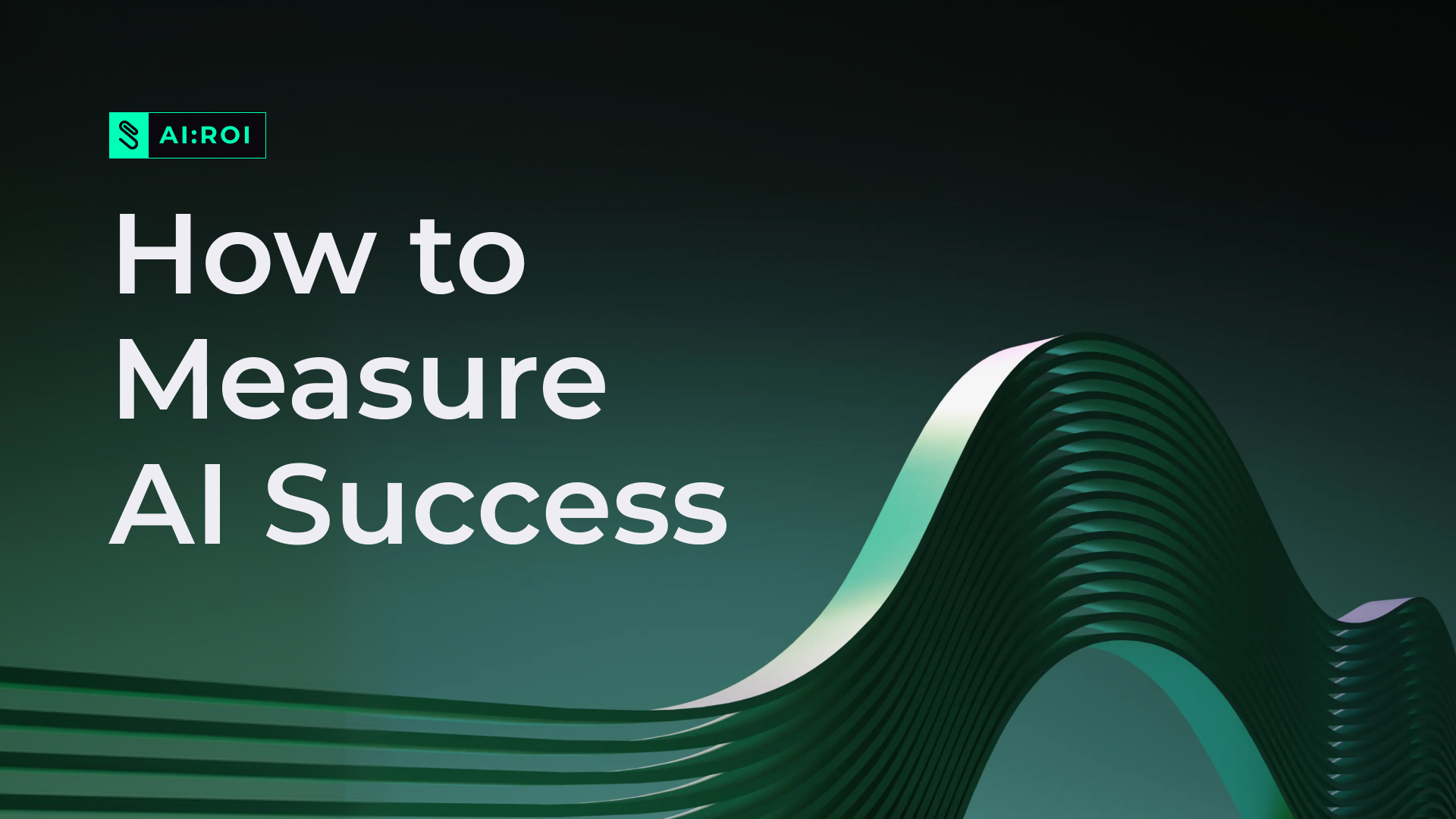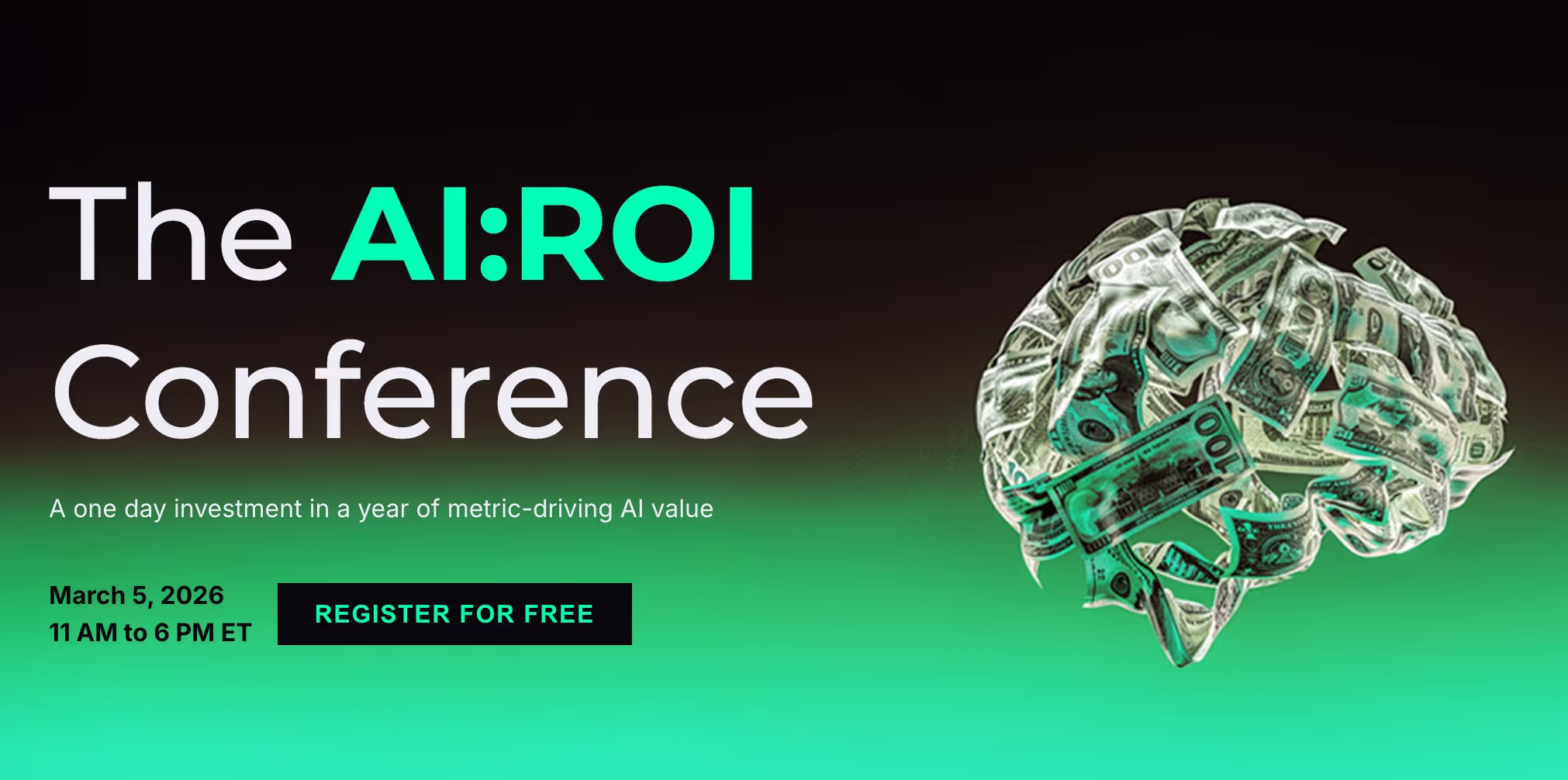live event
Inside Slack’s AI-Driven Product Strategy


September 18, 2025
2 - 3 p.m. ET
Pivoting your product for the AI era
We’re sitting down with Slack’s VP of Engineering, Search and AI, Salesforce, Sam Messing, on September 18 from 2 -3 pm ET to get the strategies and tactics that helped him develop and release several AI-enhanced products just this summer. He’ll cover:
- How is AI impacting customer behaviors and expectations around existing products and services – and how has Slack evolved in response?
- What's the framework for prioritizing new AI features? E.g. What's an enhancement vs. a competitor match vs. a total rebuild?
- How do you ensure AI features enhance product experience vs. adding complexity?
- How do you measure the success of these new AI features? What does ROI look like?
- What AI pilots and features haven’t worked, and how did you pivot your product strategy?
Don’t miss this chance to steal AI product strategy from an incumbent – and ask him your own burning questions.

Sam Messing
Sam Messing leads Slack’s AI and engineering teams, delivering generative AI features such as enterprise-grade search, channel and thread summarization, and workflow automation. He previously spent over six years at Google, building large-scale machine learning and data analysis systems.

Greg Shove
Greg Shove is the CEO of Section and a seven-time startup CEO. He is the founder of Machine + Partners, an AI consultancy helping companies deploy AI products and the co-author of Personal Math. His mission is to get 1,000,000 students into "the AI class" by 2026.

Sam Messing
Sam Messing leads Slack’s AI and engineering teams, delivering generative AI features such as enterprise-grade search, channel and thread summarization, and workflow automation. He previously spent over six years at Google, building large-scale machine learning and data analysis systems.
AI transformation built for real ROI
No AI hype, doom, or theory without application. Just AI upskilling, strategy, and workflows that get results right away, because they're built by people using AI every day.






.jpg)

